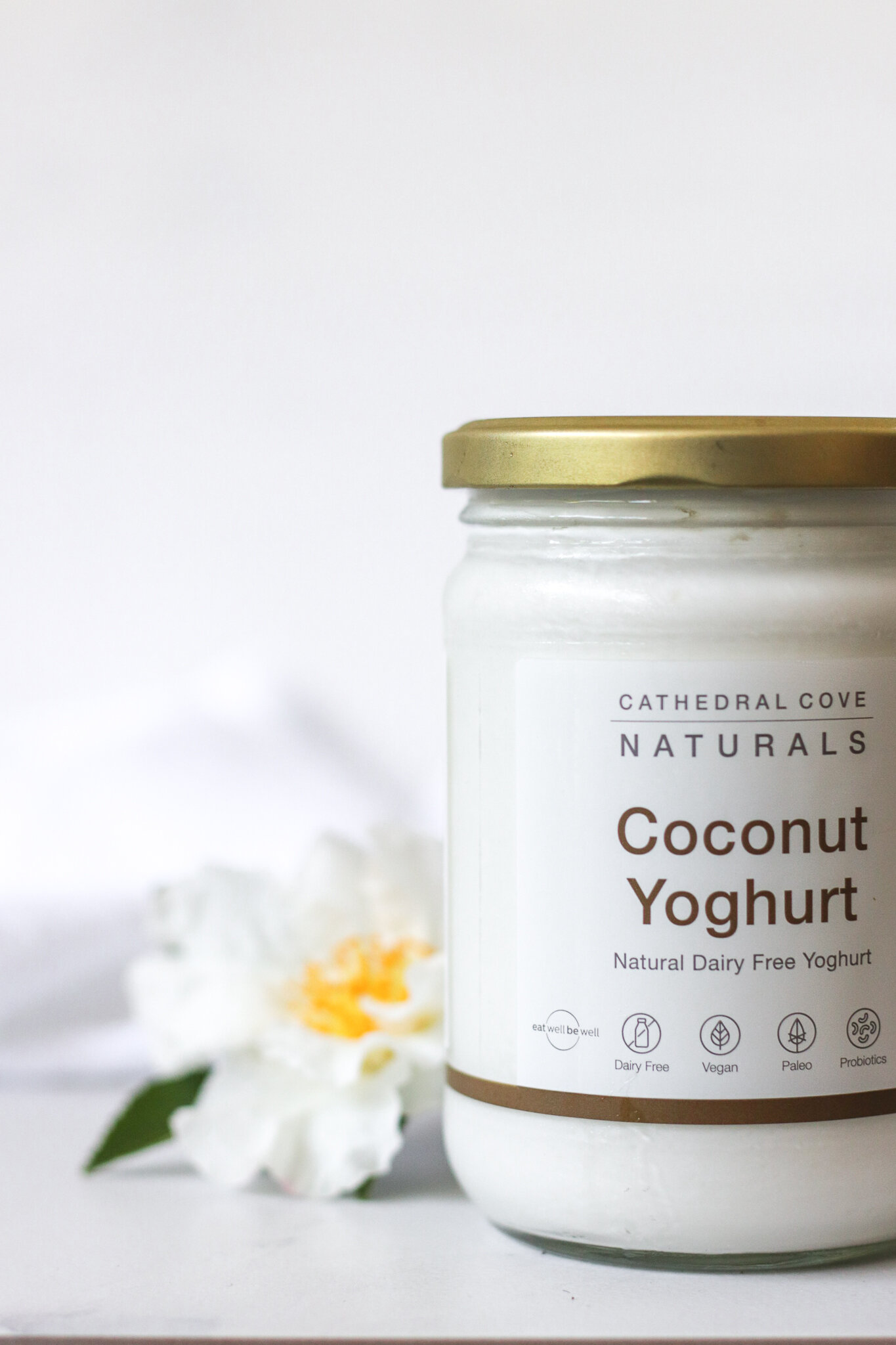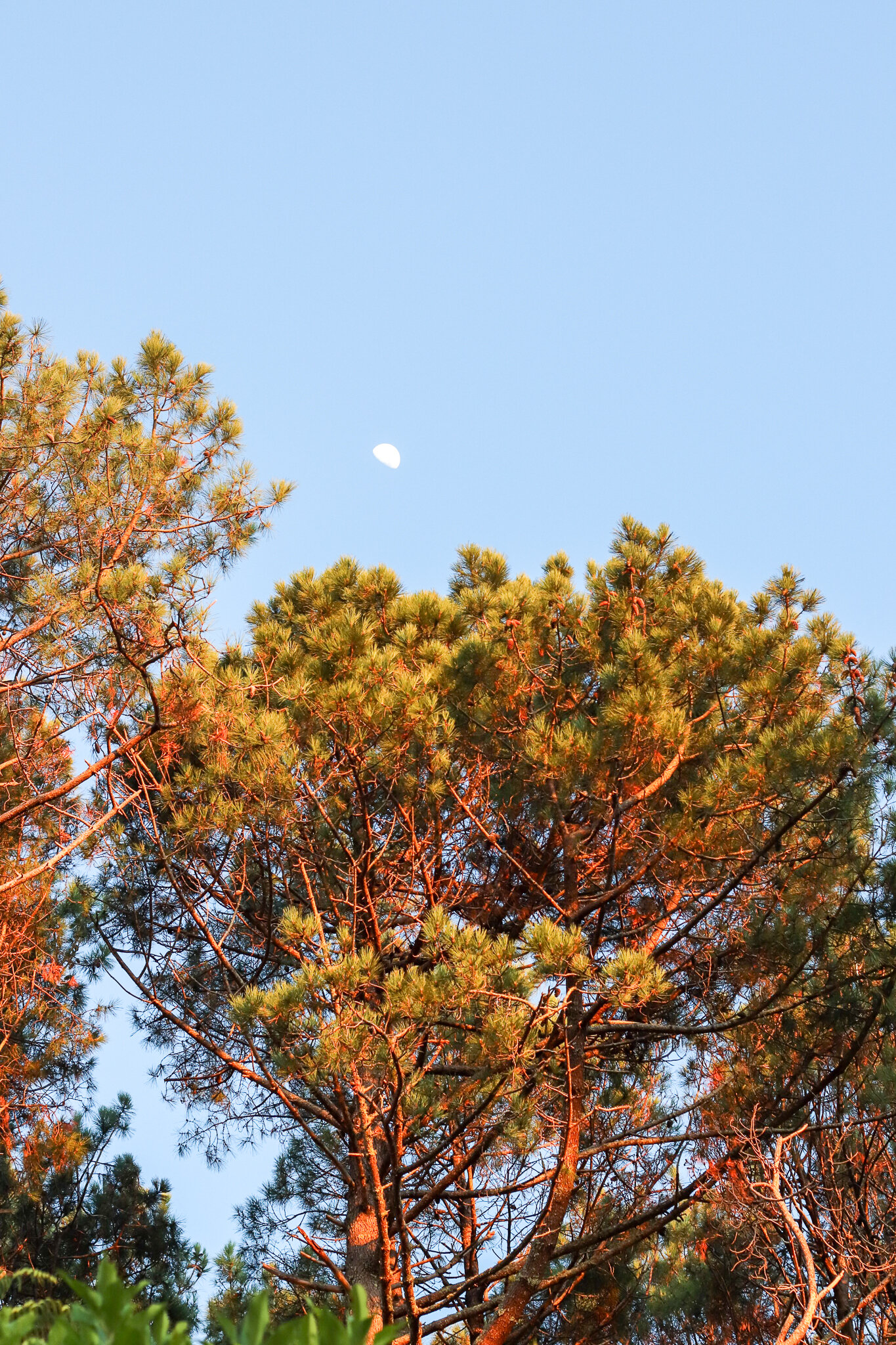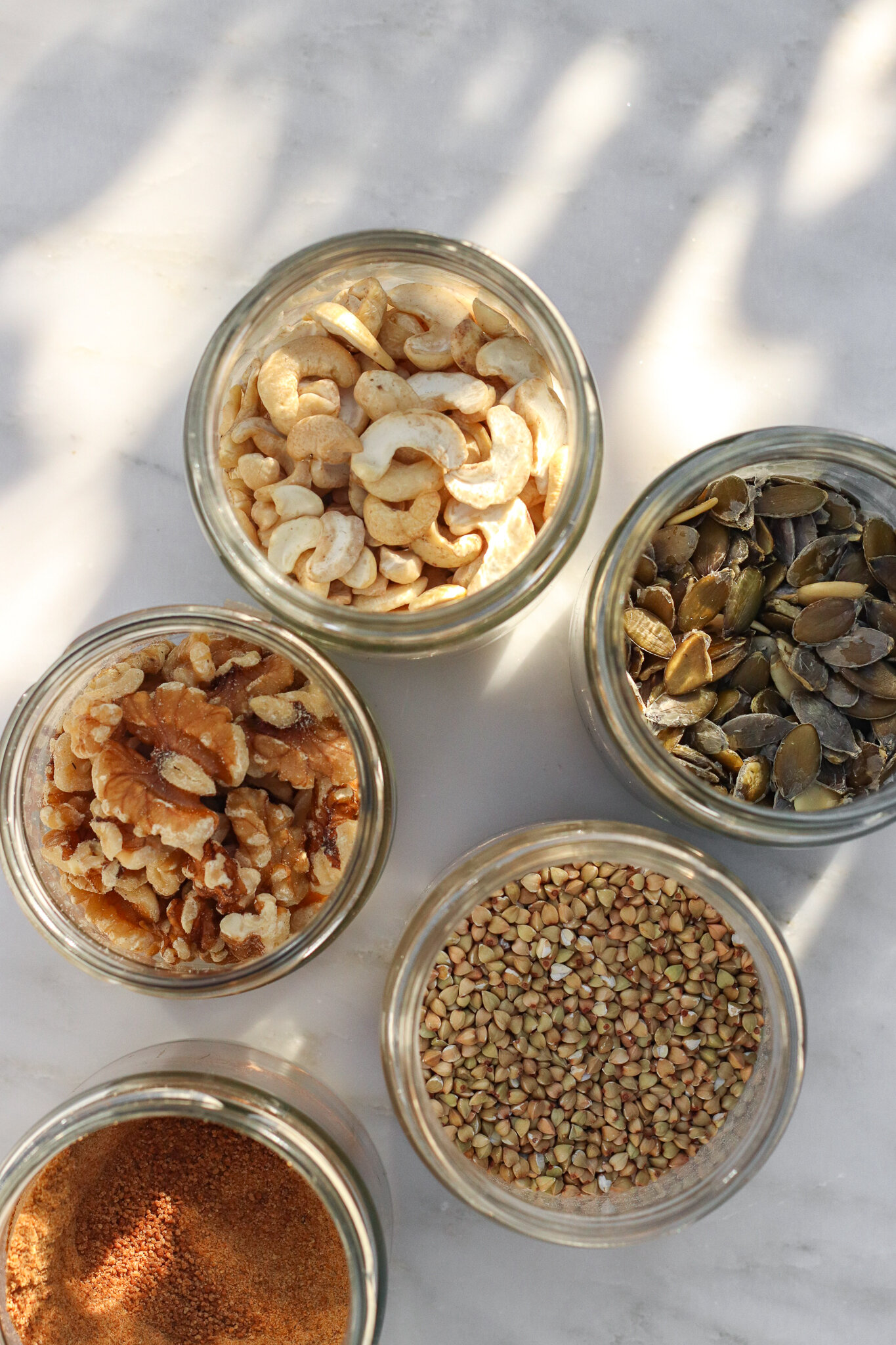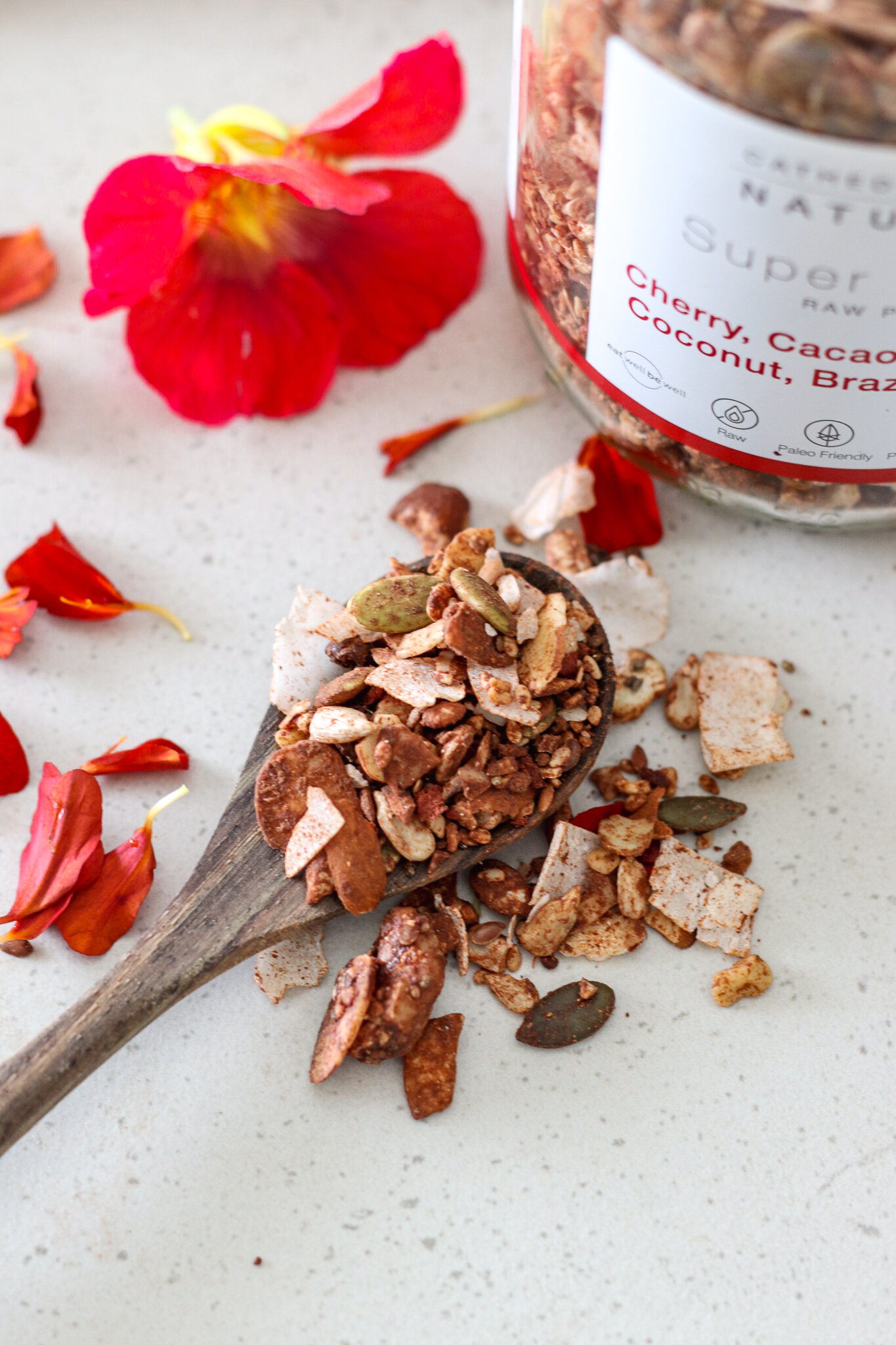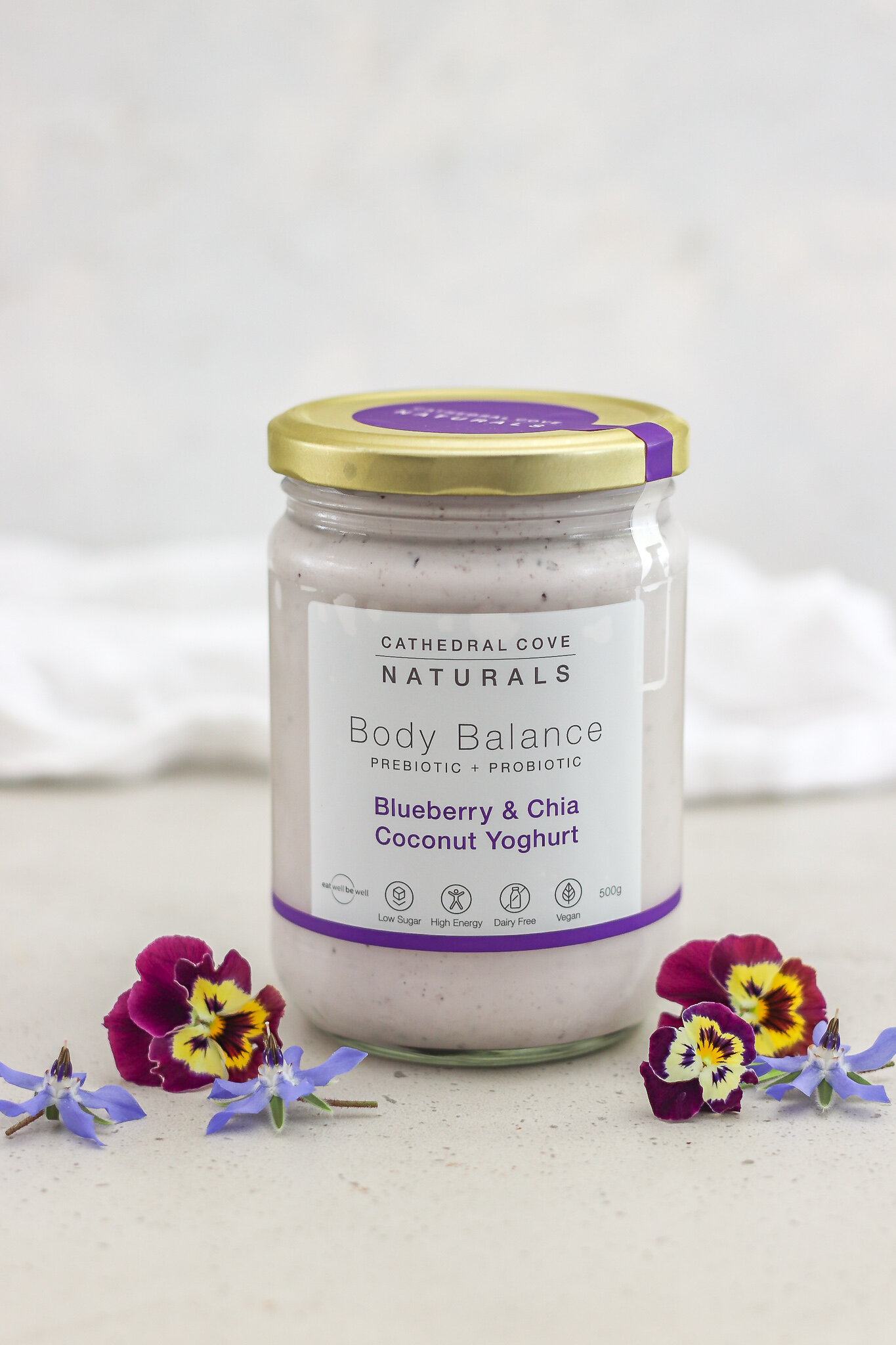Our Top Tips For Reducing Plastic
A love for healthy, sustainably produced food and the natural environment has been ever-present as Cathedral Cove Naturals has evolved and grown over many years.
We’re always looking for ways to tread lighter on this beautiful planet and doing our best to take responsibility for the impact we have on the planet in our personal lives and also as a business.
With it being plastic-free July we thought it would be a good time to put together some of our favourite tips for becoming more environmentally conscious.
The problem with plastic
By 2050, the oceans could have more plastic than fish.
40% of the plastic produced every year are single-use plastics. Most of the products are used for a few minutes but they stay in the environment for hundreds of years.
8 million tons of plastic waste escapes into the ocean from coastal nations every year. That’s the equivalent of setting five garbage bags full of trash on every foot of coastline around the world.
Millions of animals are killed by plastics every year, from birds to fish to other marine organisms.
“Recyclable”….sounds good but is it a reality? Recyclable packaging vs. what is actually currently recycled here in New Zealand are two very different things. Check out this interesting report about plastic recycling in New Zealand. As a nation, we can definitely improve on that 62% rate of getting plastic into recycling bins.
Since we launched our coconut yoghurt in 2015 we’ve packaged it in glass jars. There was never another option in our minds. Glass is recyclable and reusable and doesn’t take thousands of years to break down. It also doesn’t leech harmful toxins into your food as plastic does.
Some of our favourite tips to reduce your impact.
We believe that it all begins with being more mindful, slowing down and thinking about the choices you make. Before you purchase something think to yourself - how long will I have this for? How long will it take to break down? Will I still have this in a few years time or will it be in landfill.
Try to buy fresh produce that doesn’t come in plastic packaging or better still visit your local farmers market to buy your fresh produce or maybe even grow some of your own veggies.
Repurpose glass jars or plastic containers for pantry storage
Shop at bulk food refileries such as Bin Inn and Good For stores
Take a reusable coffee cup when you get a takeaway coffee
Reduce, recycle, reuse and refill
Take your own bags to the supermarket
Try to not purchase products packaged in plastic
Say no to single-use plastic water bottles
Plant a veggie garden or even a herb garden on your balcony
Start composting
We do recognise that a lot of these choices do come from a place of privilege. You vote with your dollar so supporting businesses and people trying to do the right thing will help massively, as the more demand there is for eco-friendly and sustainable products, the more pressure there is on industry to make changes.
Remember that you don’t have to be perfect and that if everyone in our team of 5 million makes some small changes the collective impact will be huge.

